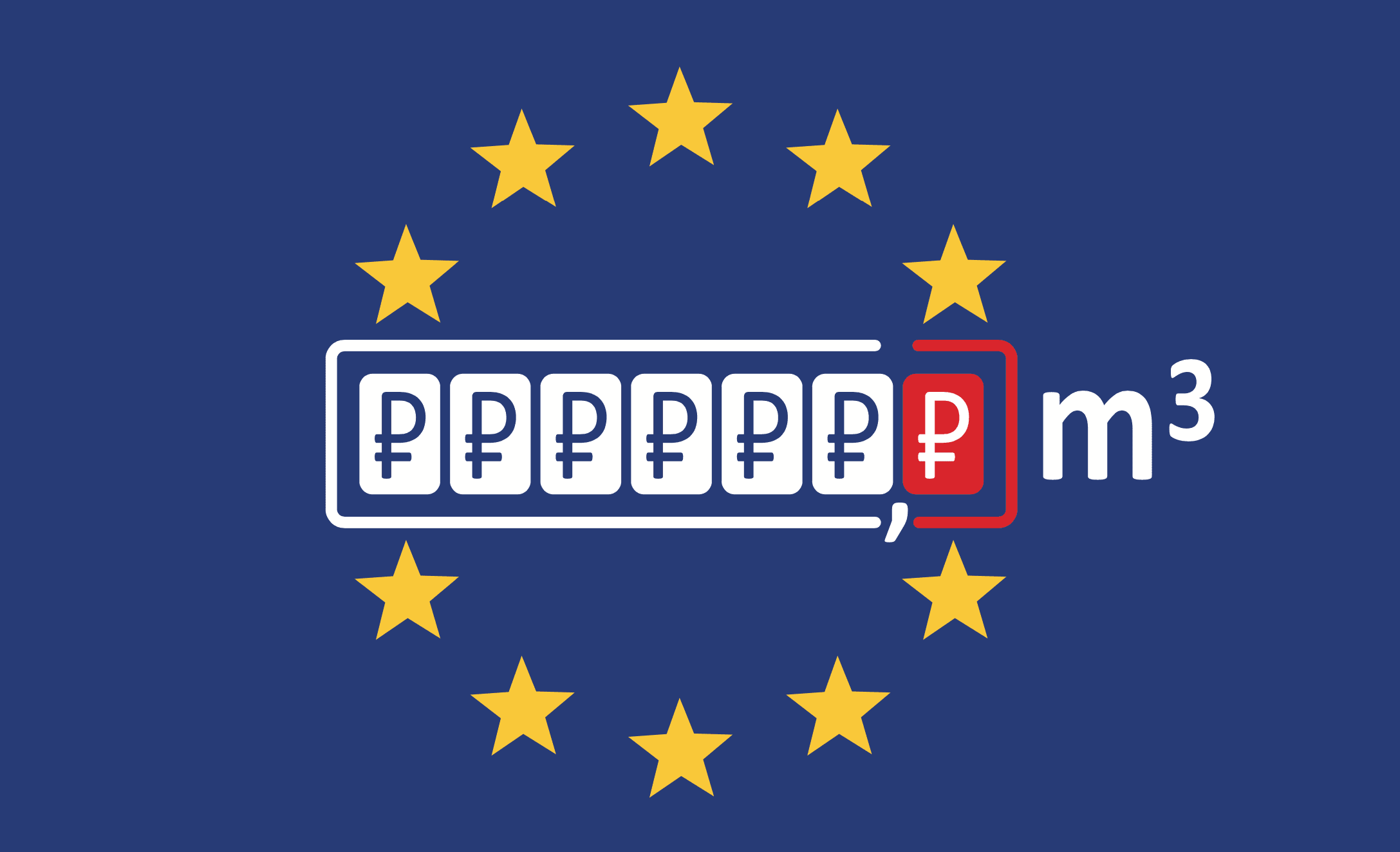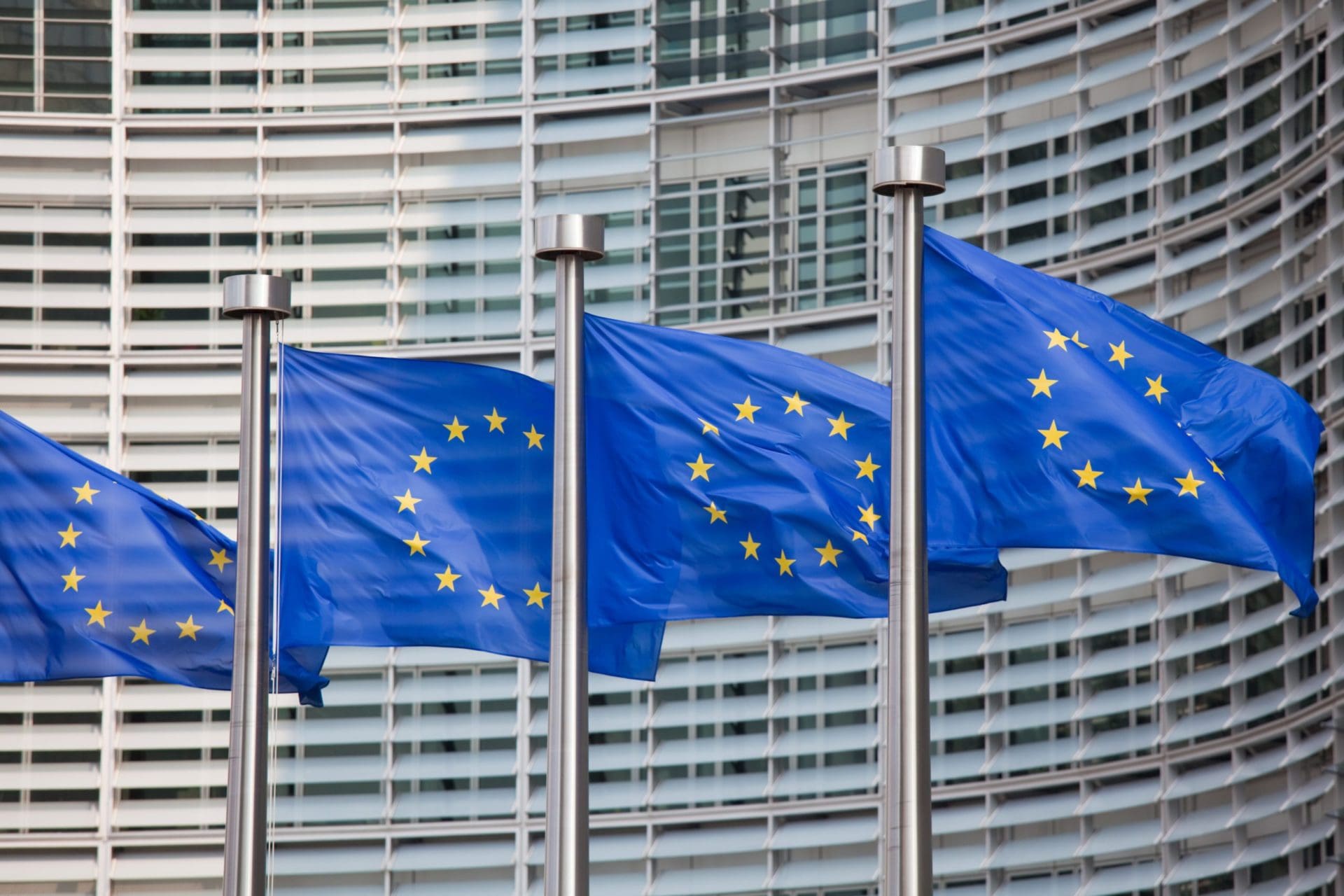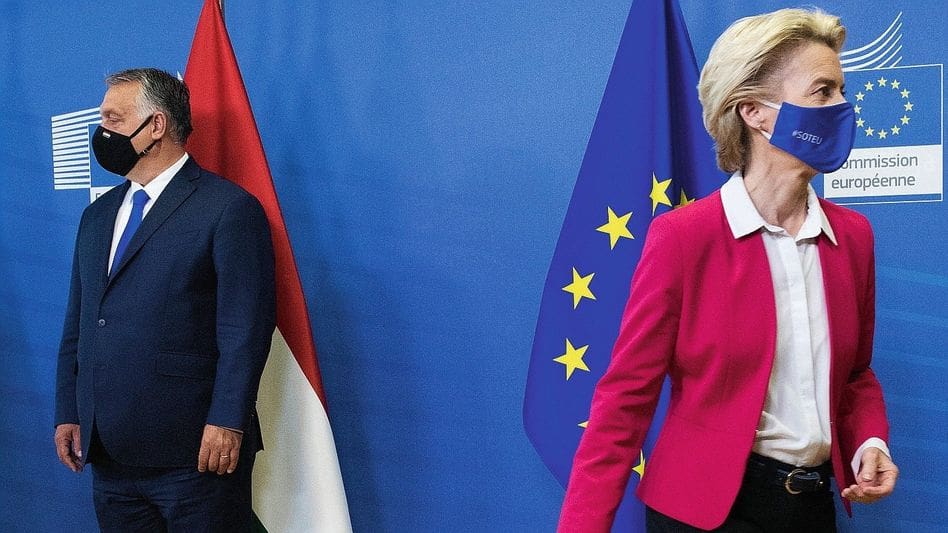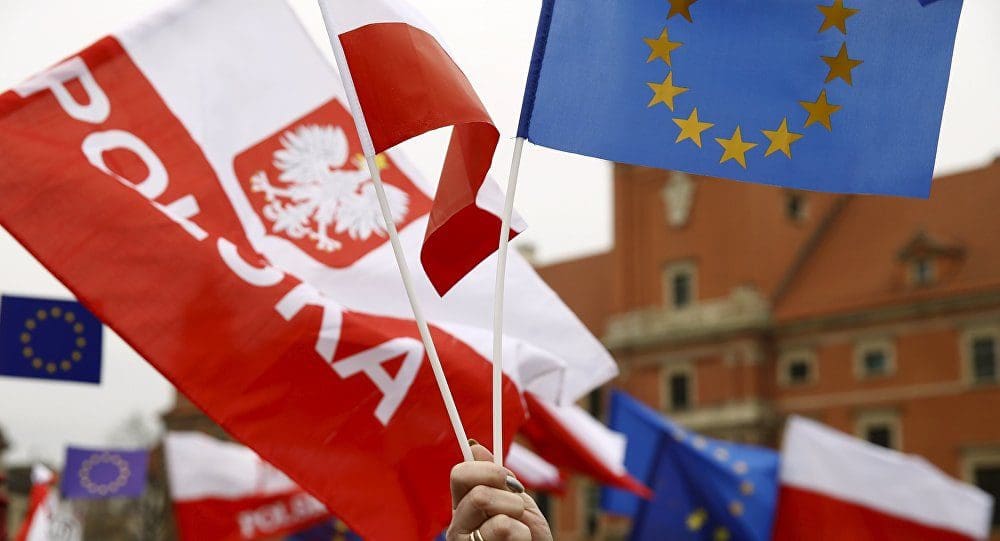
European Green Policy – the Clash between Dreams and Reality
Some experts warned European countries more than a decade ago that their energy supply was based on ‘thin ice’ which could make the European Union vulnerable in a situation of geopolitical tension. But the EU has still not woken up from her “sleeping beauty” dream, and this mistake could be a serious blow to green hopes.









